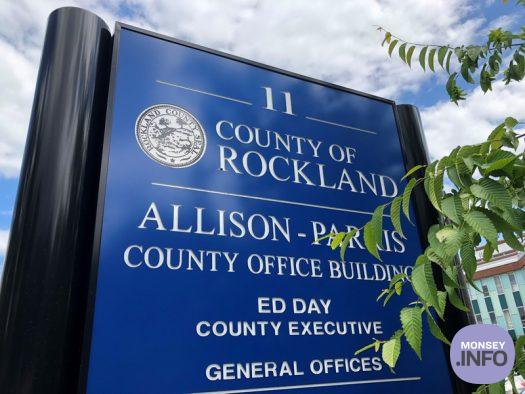
Nealy $100,000 In Grants Provided To Rockland County In Hudson River Estuary Project
Governor Kathy Hochul today announced grant awards totaling more than $1.8 million for 26 projects to help communities along the Hudson River Estuary improve water quality, enhance environmental education and advance stewardship of natural resources. The grants complement the Governor’s comprehensive plan to protect communities from the impacts of climate change by investing in resilience.
“New York State is investing in projects that will improve resiliency and protect our natural resources both in the Hudson River Valley and across the state,” Governor Hochul said. “These 26 local grants will provide dozens of communities support to improve recreation, expand river access and education, and preserve and protect this iconic river for future generations of New Yorkers.”
Now in its 21st year, the Department of Environmental Conservation (DEC) Hudson River Estuary Grants Program implements priorities outlined in the Hudson River Estuary Action Agenda 2021-2025. To date, DEC’s Hudson River Estuary Program awarded 643 grants totaling more than $28 million. Funding for DEC’s Estuary Grants program is provided by New York State’s Environmental Protection Fund (EPF), a critical resource for environmental programs such as land acquisition, farmland protection, invasive species prevention and eradication, recreation access, water quality improvement, and environmental justice projects. Governor Hochul’s proposed 2024-25 Executive Budget maintains EPF funding at $400 million, the highest level of funding in the program’s history.
Rockland County
- The Trustees of Columbia University in the City of New York: $75,245 for “Hudson River Education: Extending the Pathway into Climate,” a project that supports summer high school interns in Rockland County Potential Environmental Justice Area communities to deepen their science connection as they work on climate change impacts on the Hudson River.
- Village of Nyack: $17,000 for “Nyack Vulnerability Assessment and Adaptation Plan,” to conduct a vulnerability assessment and create an adaptation plan for Nyack residents and businesses that will address climate change hazards. The assessment will include frequency and duration of heat waves, increasing intensity of extreme weather events, rising sea levels, storm surge, and climate change-related disease.









